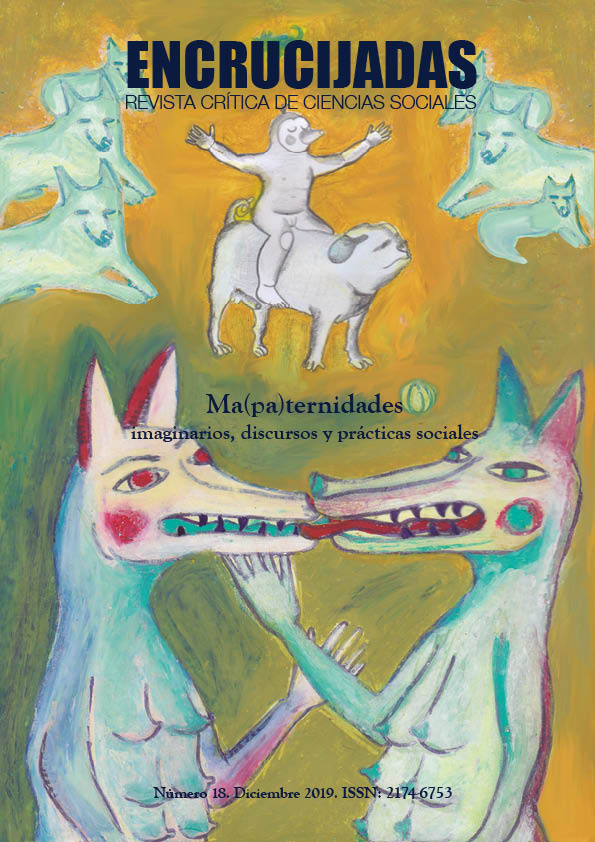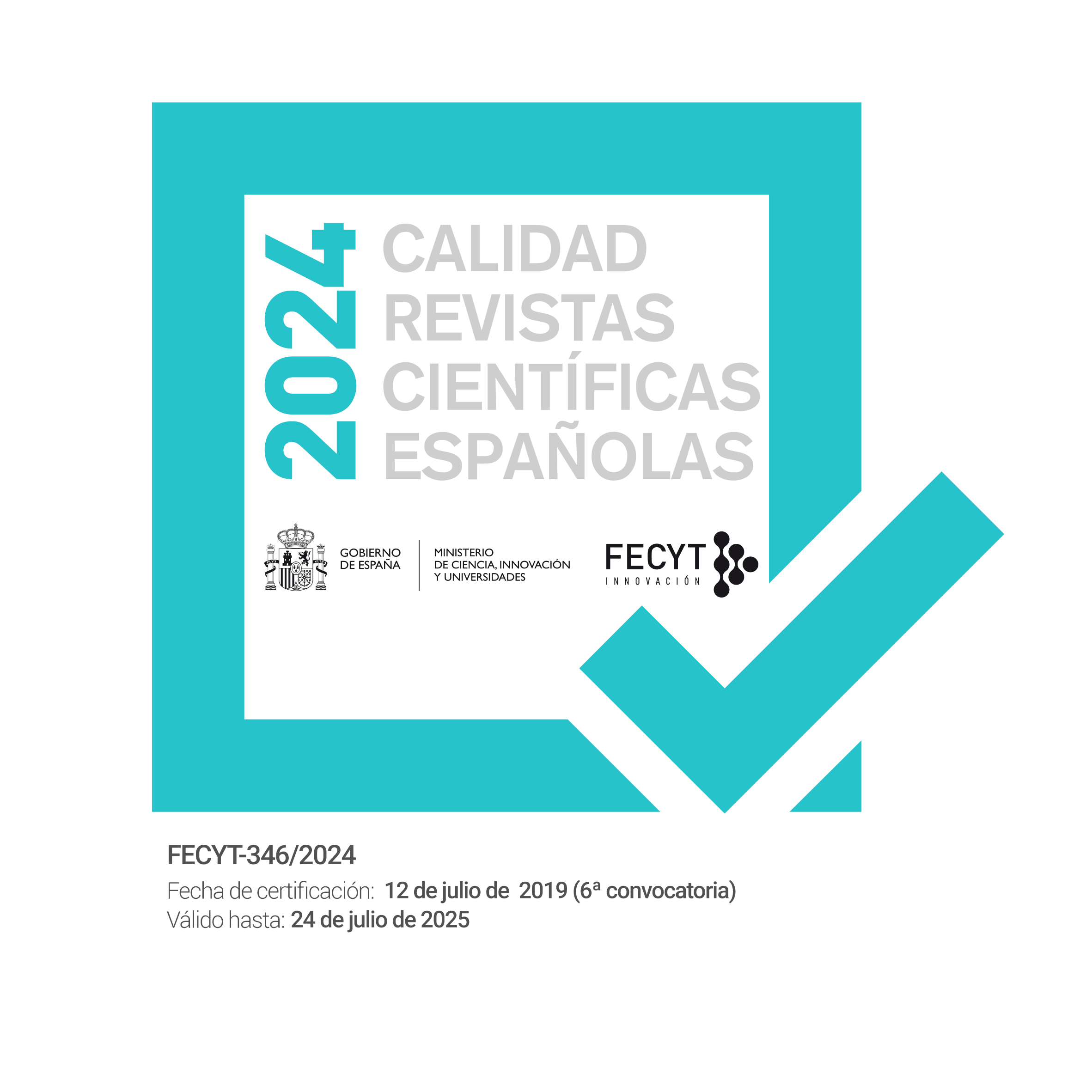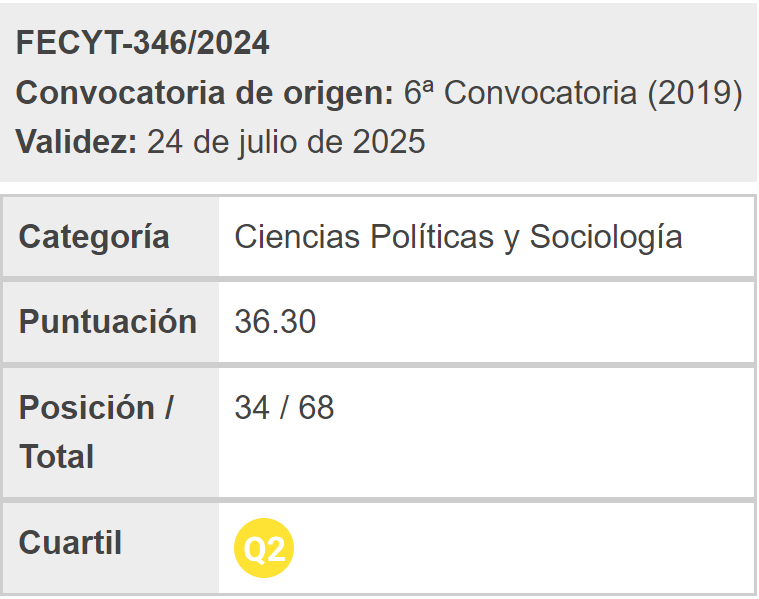An unwillingness to become a mother? First-time parenthood in Spain at the beginning of the 21st Century
Keywords:
Educational attainment, employment, immigration, fertility, Spain.Abstract
The main objective is to establish what factors have made it easier or more difficult to become a parent. Independent of prevalence and timing, the aim is to prove or disprove that better education and links with the labour market leads to a lower predisposition to take paternity or maternity leave, unless the person was born outside of Spain. In order to do this, we used longitudinal data from the Labour Force Survey (Encuesta de Población Activa) carried out between 1999 and 2018. The sample was made up of 585,046 individuals who were observed on 1,991,663 occasions. The sample included people with no children at home and an analysis was made of the probability of having a child from one trimester to the next. Education has become inversely related to first-time parenthood, but the employment variable still has an effect: a negative effect in the case of unemployment or lack of job security, but a positive effect if there is a disassociation from the labour market. The factor that most contributed to higher levels of first-time parenthood was that of being born outside of Western Europe.
Downloads
Downloads
Published
How to Cite
Issue
Section
License
Los autores/as conservan los derechos de autor y ceden a la revista el derecho de la primera publicación, con el trabajo registrado con la licencia de atribución de Creative Commons Reconocimiento-NoComercial (CC-BY 4.0), que permite a terceros utilizar lo publicado siempre que mencionen la autoría del trabajo y a la primera publicación en esta revista. Encrucijadas permite y se anima a todas las personas autoras a depositar la versión final publicada en repositorios institucionales o temáticos de acceso abierto, cumpliendo en caso necesario los términos establecidos por la entidad financiadora de la investigación.




